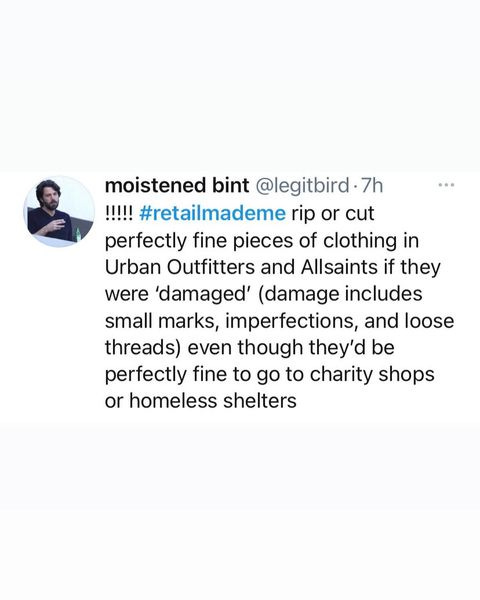Workers at Fred Meyer, a Kroger-owned grocery store in Portland, Oregon, were instructed to toss out thousands of perishable food items on February 16 after the store lost power in a winter storm.
This move is status quo for supermarkets and food distributors, even though the FDA tells us that during a power outage:
A refrigerator will keep food safe for up to 4 hours during a power outage.
A full freezer will hold a safe temperature for approximately 48 hours (24 hours if it is half full and the door remains closed).
Fred Meyer’s response makes sense if your brain functions on corporate rationale: Most retailers play it safe and throw away their frozen/refrigerated stock rather than run the risk of being liable for a food-related illness. Different states/counties have different rules about foods that can and cannot be donated to those in need, and in this case, the food didn’t qualify. These standards are problematic, I think, but not the foremost problem here.
A group of people tried to salvage the packaged cheese, milk, meat, pickles and juice piled up in the store’s dumpster. They were allegedly planning to redistribute the food to hungry people around Portland. Within a few hours of their gathering, however, police officers arrived to guard the dumpster and prevent people from taking any food, the Oregonian reported.
Police guarding a dumpster! In a calamitous winter storm! In which more than 300,000 people and businesses lost power! There’s a lot of talk about what the role of police in communities should look like in an equitable society. When authority protects garbage over human lives, this isn’t it.
According to one witness, a dozen officers ultimately showed to prevent the dumpster from being raided and, per a second witness, threatened civilians with arrest. There’s a real literal way to conclude that the police ostensibly arrived on the scene to protect the people:
Police block access to possibly spoiled food —> People can’t eat possibly spoiled food —> No one gets sick from possibly spoiled food.
I don’t see it this way. Too often, it seems, our society puts corporate rationale before human livelihood. Sure, it is possible that people could have gotten sick from the food in the dumpster that was outside in the cold (almost like nature’s refrigerator).
But why does that potential risk outweigh the potential risk of people going hungry during severe weather conditions? Or, alright, the risk of increasing the earth’s temperature, which is what happens when food is thrown away and left to rot in a landfill, where it produces greenhouse gasses?
The real risk that police sought to forfend in this instance was not the risk of people getting sick from Fred Meyer’s potentially spoiled food. Instead, it was the risk of Fred Meyer being sued (and having to pay up) in the case someone got sick. These are two very, very different scenarios. Police were protecting the dumpster to protect corporate dollars.
Trashy.
Before you go there, the police in this Fred Meyer dumpster case were indeed doing their jobs and enforcing the law. The law is set up to benefit and protect corporations instead of people. As you continue to do your job as directed instead of questioning certain procedures, at what point do you become complicit in perpetuating sour rules?
__
There’s a lot more I want to explore about inane garbage rules — including how many companies force employees at their retail stores to physically destroy/cut/break their products before throwing them away, lest anyone find something usable in the garbage.
Something is not right when we value corporate identity over human dignity. See ya.






